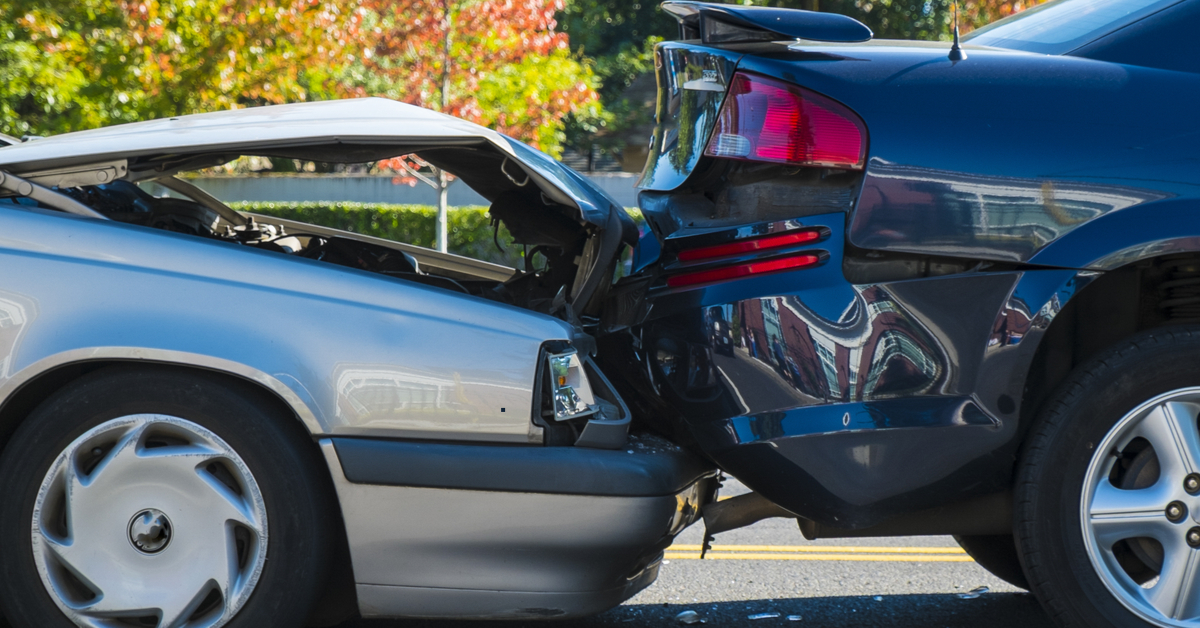What you need to know to protect yourself when you’ve been in a car accident.
Regardless of whether you’ve been in a minor fender bender or a multi-car collision, there are specific steps you should follow to protect yourself. Among them is finding an attorney with in-depth car accident experience. Steve Boyd, PC is the perfect choice. Steve has been representing injured people his entire legal career. Attorneys Leah Costanzo and Bob Gallagher both worked as trial attorneys for major insurance companies. They know the ins and outs of how insurance adjusters handle cases. Our team’s first-hand experience gives us the advantage in getting you the full compensation you deserve. Our car accident lawyers will expertly guide you through each step of the process to ensure you get the maximum compensation possible. Contact Steve Boyd, PC, or call us at 716-600-0000 for a FREE legal consultation.
Follow these steps if you’ve been in a car accident.
Stay calm. Try to refrain from engaging in arguments, keeping in mind anything you say or do can be used against you later.
-
Check for injury.
- If you are injured, call 911. Call 911 immediately or ask someone else to. If you believe you may have sustained a serious injury, try not to move and wait for first responders to arrive and assess your condition.
- If you are not seriously injured, check others for injury. The first and most important step after a crash is to ensure the well-being of yourself and any passengers. Check for injuries, and if anyone is hurt, immediately call 911 for urgent medical assistance.
-
Move to safety.
If you are not hurt and your car is still drivable, turn on your hazard lights, move to the shoulder of the road, and use road flares if available. When not in your vehicle, stay out of the roadway. - Call 911. Even if the accident is a low-impact fender-bender and may not appear to be serious at first, call 911. Neck injuries are common in low-impact collisions because the head and neck move quicker than the cars colliding. The responding police officer(s) will document the scene and complete an accident report. If the police cannot come to the accident scene, find the nearest police officer to complete a report. To help with the claims process, your insurance company may ask you to provide a copy of the police report.
-
Stay at the accident scene & exchange information.
It’s crucial to comply with New York State Law and remain at the scene of the accident if possible. Exchange information with the other drivers involved, including- Name, address, and phone number of all parties and passengers involved in the accident.
- Insurance company details, including policy numbers
- Driver license numbers
- Vehicle make, year, model, and color
- Plate numbers
- Registration Information for all vehicles involved
-
Document the accident and gather evidence.
- Take photographs or videos of the accident scene.
- Capture the damages to your vehicle and its position relative to other vehicles involved.
- If witnesses are present, try to obtain their names and contact numbers.
- Write down witness accounts of the accident.
- Document the name and badge numbers of the responding officers.
- Get a copy of the police report.
- Most people feel worse the next day. Even if you feel fine immediately after the accident, scheduling an appointment with your primary care physician is essential. They can thoroughly evaluate your condition and order any necessary tests. Remember, some injuries may not be immediately apparent, and having a medical record will be beneficial if any issues arise later. This information can be valuable if you decide to pursue legal action for compensation.
-
Start an insurance claim.
It is crucial to notify your insurance company promptly; failing to do so may result in your claim being denied. Additionally, you must complete a no-fault insurance application for benefits and give it to your insurance company within 30 days to secure the entitled no-fault benefits to pay your medical bills and lost wages. -
Report the accident to DMV.
The Department of Motor Vehicles (DMV) requires accidents with property damages exceeding $1,000 to be reported using the provided form MV-104. Submit the report within ten days to avoid potential license suspension. If damages are below $1,000, DMV reporting is not mandatory. We can help you with the form. -
Contact a personal injury lawyer.
You may need to have your case reviewed by a personal injury attorney depending on the severity of the accident, injuries sustained, and losses incurred, particularly if the compensation offered by the insurance company does not adequately cover your medical bills, car repair expenses, or other accident-related costs.


